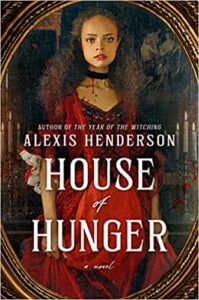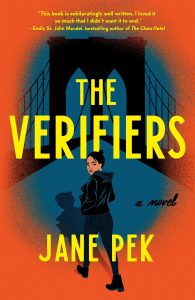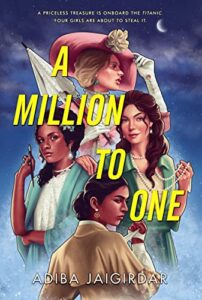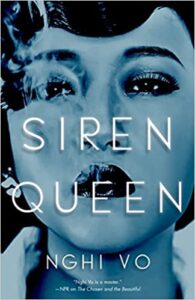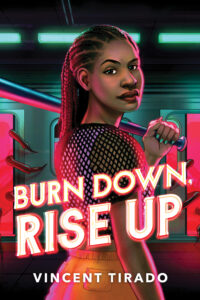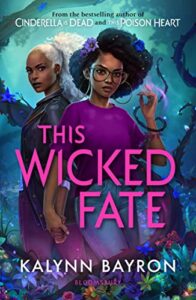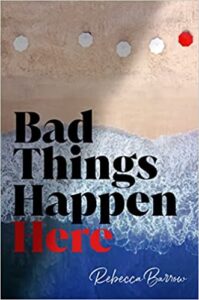Amazon Affiliate Link | Bookshop.org Affiliate Link
From the author of The Year of the Witching (Penguin 2020) comes a new queer Gothic novel about blood, power, and control. House of Hunger (Penguin 2022) was enthralling until the very last page, and I still want more!
House of Hunger is set in a world where the upper class literally feed on the blood of lower-class women they enlist into their service. Marion Shaw has been born and raised in the slums of her city, and she works as a maid to make ends meet for herself and her brother who has fallen into a drug addiction that takes him out of the world he lives in. Her life appears monotonous and dismal, dominated by tyrannical others who seek to use her for their own ends. One day, though, she sees an ad in the newspaper: someone is seeking a new bloodmaid. Although there is an enormous stigma amongst the lower classes around such a job, it is the only way Marion can hope to escape her circumstances. She applies to the position and is whisked away into a new life, leaving behind all she knows, in a matter of days.
What follows is a shocking and unfamiliar journey into the far north, where Marion is drawn into the upper classes as a bloodmaid in the House of Hunger, an infamous and ancient clan of vampiric aristocrats. Surrounded by debauchery and hedonism, Marion is quickly swept away by her new mistress, Countess Lisavet. Marion’s blood keeps Lisavet healthy, and Marion is drawn in by Lisavet’s magnetic pull, but soon she realizes that things might not be as they appear. Suddenly, bloodmaids begin to go missing, and questions begin to arise about what exactly happens once a bloodmaid has outlived her term at the House of Hunger. Eventually, it is up to Marion to uncover Lisavet’s secrets and save herself and her friends.
When I read The Year of the Witching, I couldn’t put it down, and when House of Hunger arrived, I had high hopes it would be a similar reading experience and I was not disappointed! This novel is a fresh and exciting take on the idea of the vampire, with adaptive elements from folklore and legend that I really appreciated. The world Marion lives in is a haunting and exaggerated comment on class systems, gender roles, and exploitation. It was exciting to see Countess Elizabeth Bathory queered in the figure of Lisavet (as she arguably always should be). Marion’s character is someone we root for, and it was interesting to experience so much of this world for the first time alongside her.
This novel definitely has the Gothic intensity I’ve come to expect from Henderson, and the plot is fast paced, engaging, and kept me guessing until the very end. I could very easily spend more time in this world and I think others could too; there is so much I still want to know about Marion’s society and many other plots to follow.
If you’re looking for a gripping read this holiday season, House of Hunger is definitely it. I will be reading Henderson’s fiction for a long time to come!
Please add House of Hunger to your TBR on Goodreads and follow Alexis Henderson on Twitter.
Content Warnings: physical violence, gaslighting, assault.
Rachel Friars is a writer and academic living in Canada, dividing her time between Ontario and New Brunswick. When she’s not writing short fiction, she’s reading every lesbian novel she can find. Rachel holds two degrees in English literature and is currently pursuing a PhD in nineteenth-century lesbian literature and history.
You can find Rachel on Twitter @RachelMFriars or on Goodreads @Rachel Friars.

